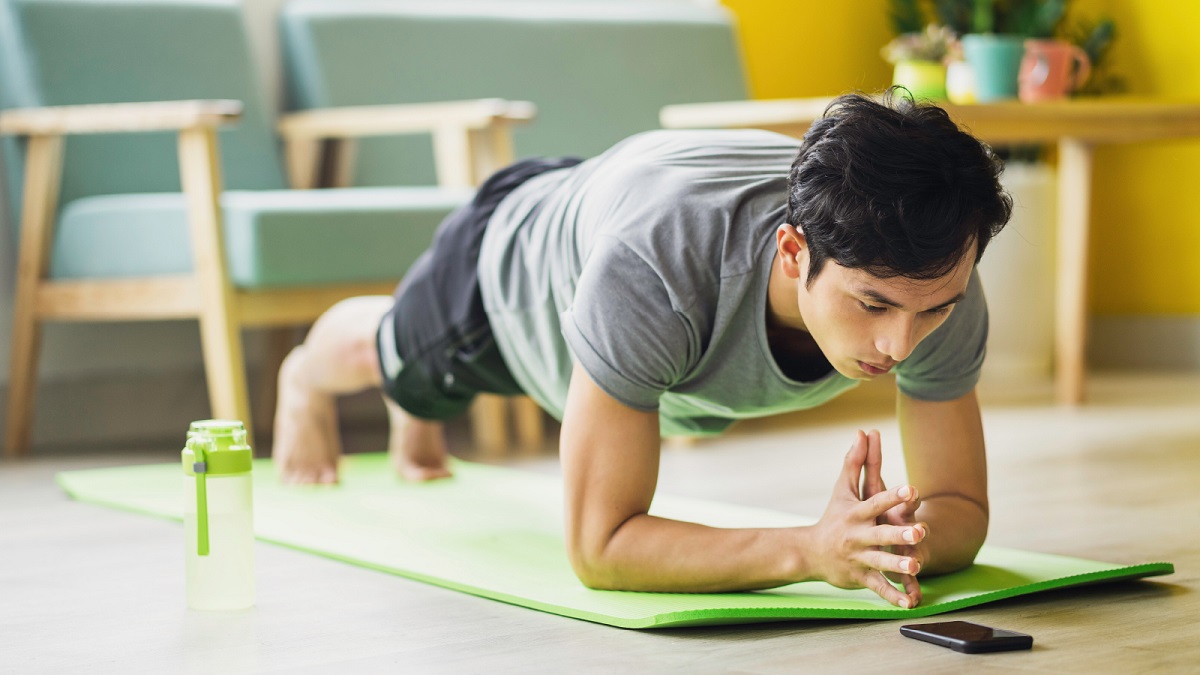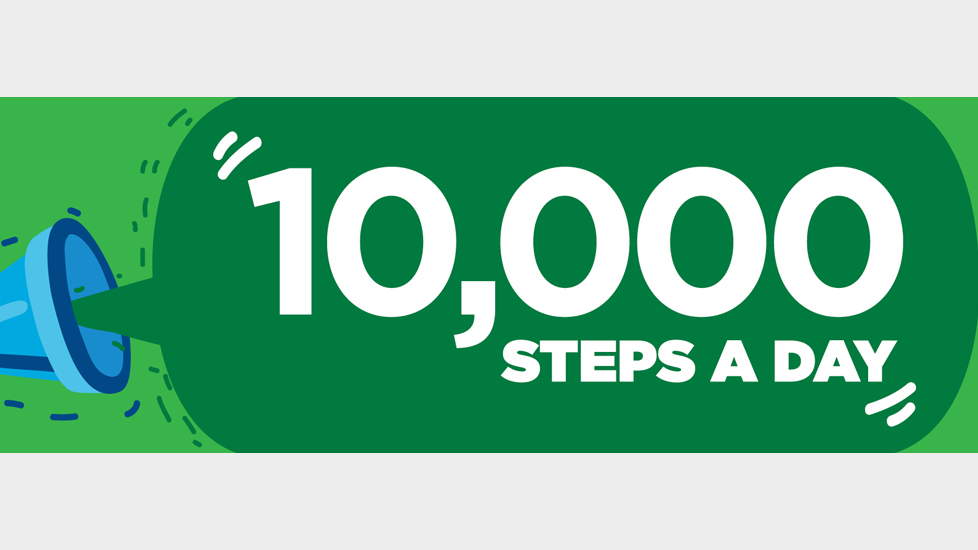When it comes to creativity, a lot of us conflate artistic creativity with any type of creativity, assuming that it is an all-or-nothing talent that we have to be born with. However, the truth is that not all creativity looks the same, nor do they all fall under the same category. Most of us do, in fact, possess a streak of wonder and invention within us, and we can hone it by engaging in the simplest of acts. To help you get started, let us first explore what our mind needs to thrive.
Understanding what our minds need
Much like how our bodies need the proper care to stay fit and healthy, our minds require the same care to do their very best work. And while care is largely dependent on our personal needs and preferences, there are a few essential tips that can help us find the right activities to hone our creativity as effectively as possible. This includes staying active, creating opportunities to rest and relax, as well as finding inspiration from our daily lives.
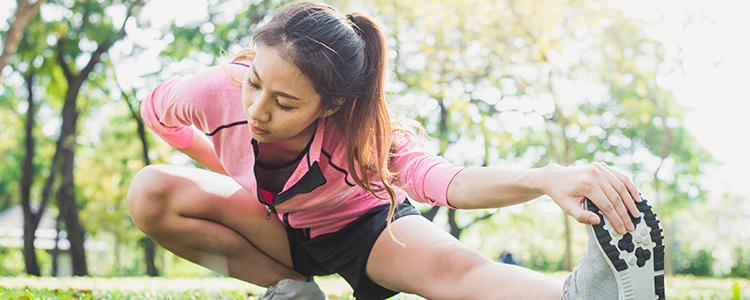
- Staying active
Exercising and honing our minds may seem like two completely separate things, but like the rest of our body, our brain also benefits from the changes that we experience when we are physically active. More specifically, it provides the brain with extra blood, oxygen, and nutrients - all of which are vital components for it to function efficiently. Studies have shown that exercise also helps to remodel our brain’s white matter1. White matter connects and supports the cells in our brains, and this remodelling allows for the forging of new connections and structures that are associated with creative thinking. Additionally, exercising prompts our bodies to release endorphins. These chemicals are produced by our bodies to relieve stress and pain, which subsequently helps our brains to venture into more fruitful territory.

- Creating opportunities for rest
As with most things, our brains require opportunities to rest in order to refresh and reset. It is also no mystery that it is often much easier to think when we are calm and composed. As such, by giving ourselves the time and space to relax, we are enhancing our task concentration and our ability to make better, smarter, and more creative decisions.
- Finding inspiration
Beyond prepping our brains to be in tip-top shape, it is equally important for us to work on our imagination and creative skills by finding inspiration in our everyday lives. Immersing ourselves in the right environments can enable us to create new pathways and connections, which are essentially what makes up the foundation of our creativity. This is because, contrary to popular belief, our creativity is not limited to the right hemisphere of the brain. Instead, it is the ease in which the two hemispheres interact and the way we make use of our entire brain that forms the key to creative thought2.
Putting it into practice
Now that we are more aware of the conditions that will hone our minds to be more agile and creative, let’s talk about a few ways in which we can put that into practice.
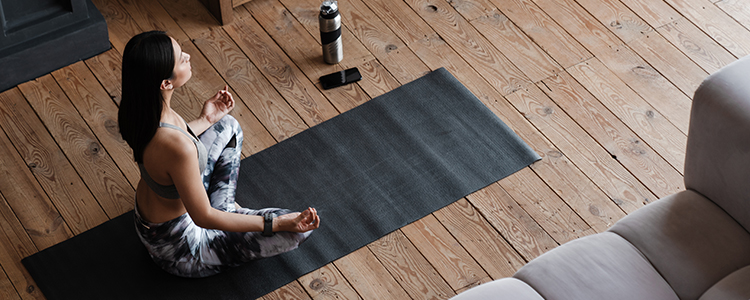
- Set aside some time each day to meditate
Meditation is known to be effective in helping us to calm our minds and clear it of jumbled thoughts, which in turn gives us the space to reflect. However, it may surprise you to know that the activity also puts our entire brain to work. This not only improves our focus and cognitive abilities but also allows us to create more novel connections when we give our mind the freedom to wander. In this sense, meditating is an excellent tool for us to access and boost our creativity.
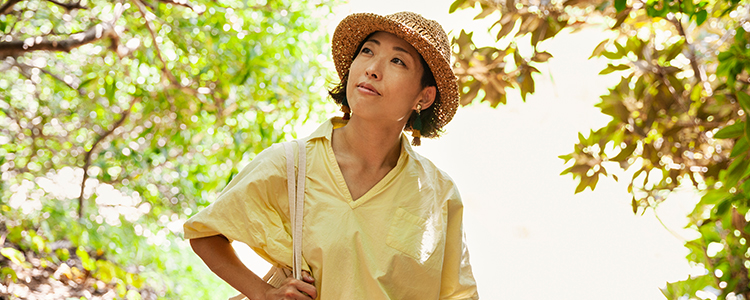
- Engage with nature on a regular basis
Some may argue that being in nature is similar to meditating, as both serve to quiet our minds. To an extent, this is true, as surrounding ourselves with nature gives us the opportunity to destress and disconnect from our busy lives. When done regularly over an extended period of time, it also opens the door to a whole host of health and wellbeing benefits, such as lower anxiety levels, greater clarity, mental health improvements, and more. What sets this apart, though, is the way in which nature can help us to boost our memories, which in turn enables us to pull ideas from past experiences and fuel imaginative solutions much more easily3. Even better, taking a stroll or exercising in nature can add to the already extensive list of advantages by also keeping us active.
- Interact with people from different cultures and backgrounds
In a group setting, such as in the workplace, diversity is linked to higher levels of creativity, innovation and productivity. On a more personal level, we can also apply the same principles in our pursuit of a more agile and creative mind. This is because having greater exposure to differing cultures, people, and opinions can force our brains to work harder by challenging pre-existing stereotypes that we are used to. Research findings4 also state that these experiences can “foster the development of more complex forms of thought, including the ability to think critically.” By seeking out diverse communities to socialise or even volunteer with, we can find inspiration from our everyday lives and allow ourselves to establish connections that we would not have seen otherwise.
Over to you
At the end of the day, creativity is not limited to how well you draw or how artistic you deem yourself to be. Instead of writing yourself off as someone who is uncreative, take heart in the fact that it is a skill that can be honed with enough practice and intention. And by giving yourself the freedom to explore different communities and avenues of inventiveness, you are also creating opportunities for your imagination to grow.
Sources:
1. Takeuchi, H., Taki, Y., Sassa, Y., Hashizume, H., Sekiguchi, A., Fukushima, A., & Kawashima, R. (2010). White matter structures associated with creativity: Evidence from diffusion tensor imaging.
2. Lewis, T. (2013). The roots of creativity found in the brain. Live Science.
3. Aspinall, P., Mavros, P., Coyne, R., & Roe, J. (2015). The urban brain: analysing outdoor physical activity with mobile EEG.
4. Pascarella, E., Martin, G., Hanson, J., Trolian, T., Gillig, B., & Blaich, C. (2014). Effects of Diversity Experiences on Critical Thinking Skills Over 4 Years of College.

